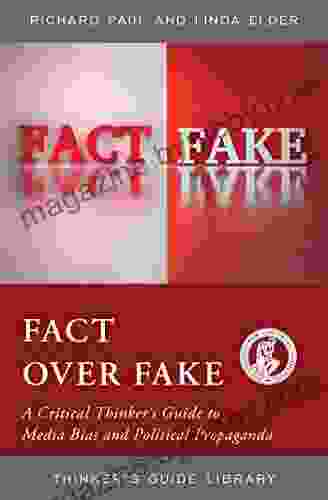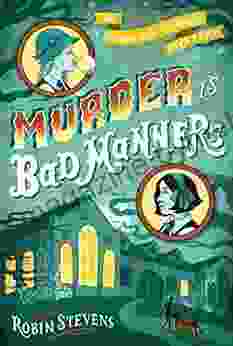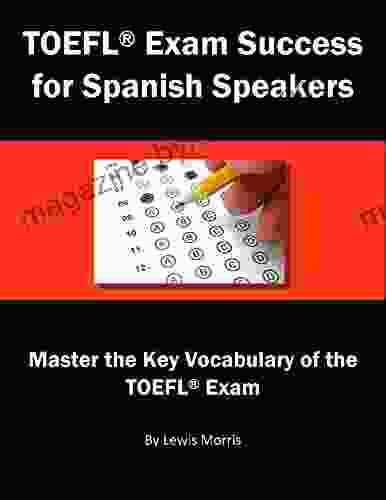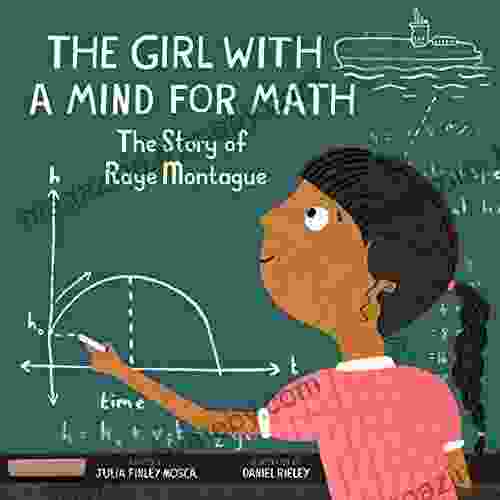Master the Key Vocabulary of the TOEFL Exam: Unlocking Success

The TOEFL exam is a standardized English language test that measures your ability to listen, read, speak, and write in English. It is widely accepted by universities and institutions around the world as a measure of English proficiency. One of the most important aspects of the TOEFL exam is vocabulary. A strong vocabulary will help you understand the readings and listening passages, and it will also help you express yourself clearly in the speaking and writing sections.
This article will provide you with the ultimate guide to mastering the key vocabulary of the TOEFL exam. We will cover the following topics:
- The importance of vocabulary in the TOEFL exam
- How to build your TOEFL vocabulary
- The best resources for TOEFL vocabulary study
- Tips for using vocabulary in the TOEFL exam
Vocabulary is one of the most important factors in the TOEFL exam. A strong vocabulary will help you:
5 out of 5
| Language | : | English |
| File size | : | 15603 KB |
| Lending | : | Enabled |
| Screen Reader | : | Supported |
| Print length | : | 281 pages |
- Understand the readings and listening passages. The TOEFL exam includes a variety of readings and listening passages on academic topics. If you don't have a strong vocabulary, you will have difficulty understanding the content of these passages.
- Express yourself clearly in the speaking and writing sections. The TOEFL exam requires you to speak and write in English. If you don't have a strong vocabulary, you will have difficulty expressing yourself clearly and accurately.
- Achieve your target score. A high TOEFL score is essential for admission to many universities and institutions. A strong vocabulary will help you achieve your target score.
There are a number of ways to build your TOEFL vocabulary. Here are a few tips:
- Read widely. One of the best ways to build your vocabulary is to read widely. Read books, articles, newspapers, and magazines on a variety of topics. Pay attention to the new words you encounter and look them up in a dictionary.
- Use flashcards. Flashcards are a great way to memorize new words. Write the new word on one side of the card and the definition on the other side. Then, quiz yourself on the words regularly.
- Take vocabulary quizzes. There are a number of online vocabulary quizzes available. These quizzes can help you test your knowledge of new words and identify areas where you need to improve.
- Use a vocabulary builder app. There are a number of apps available that can help you build your vocabulary. These apps typically include features such as flashcards, quizzes, and games.
There are a number of resources available to help you study for the TOEFL vocabulary exam. Here are a few of the best:
- The Official TOEFL Vocabulary Builder. This book is published by ETS, the makers of the TOEFL exam. It includes over 1,000 words that are commonly used on the TOEFL exam.
- The Barron's TOEFL Vocabulary Flashcards. These flashcards include over 1,000 words that are commonly used on the TOEFL exam. They are a great way to memorize new words and test your knowledge.
- The Magoosh TOEFL Vocabulary Builder App. This app includes over 1,000 words that are commonly used on the TOEFL exam. It also includes features such as flashcards, quizzes, and games.
Here are a few tips for using vocabulary in the TOEFL exam:
- Use context clues. When you encounter a new word in the TOEFL exam, try to use the context clues to figure out its meaning. Pay attention to the surrounding words and the overall meaning of the passage.
- Don't be afraid to guess. If you don't know the meaning of a word, don't be afraid to guess. Based on the context clues, you can often make an educated guess about the meaning of the word.
- Use synonyms and antonyms. When you encounter a word that you don't know, try to think of synonyms (words that have similar meanings) and antonyms (words that have opposite meanings). This can help you narrow down the possible meanings of the word.
Mastering the key vocabulary of the TOEFL exam is essential for success. By following the tips in this article, you can build your vocabulary and achieve your target score.
5 out of 5
| Language | : | English |
| File size | : | 15603 KB |
| Lending | : | Enabled |
| Screen Reader | : | Supported |
| Print length | : | 281 pages |
Do you want to contribute by writing guest posts on this blog?
Please contact us and send us a resume of previous articles that you have written.
 Book
Book Novel
Novel Page
Page Chapter
Chapter Text
Text Story
Story Genre
Genre Reader
Reader Library
Library Paperback
Paperback E-book
E-book Magazine
Magazine Newspaper
Newspaper Paragraph
Paragraph Sentence
Sentence Bookmark
Bookmark Shelf
Shelf Glossary
Glossary Bibliography
Bibliography Foreword
Foreword Preface
Preface Synopsis
Synopsis Annotation
Annotation Footnote
Footnote Manuscript
Manuscript Scroll
Scroll Codex
Codex Tome
Tome Bestseller
Bestseller Classics
Classics Library card
Library card Narrative
Narrative Biography
Biography Autobiography
Autobiography Memoir
Memoir Reference
Reference Encyclopedia
Encyclopedia Megan Lane
Megan Lane Julian Bell
Julian Bell Jose M Forero Bautista
Jose M Forero Bautista Julia Roberts
Julia Roberts Julia Zarankin
Julia Zarankin Rachel Simon
Rachel Simon Peter Irvine
Peter Irvine Louis Markos
Louis Markos Shaunna Russell
Shaunna Russell Peter Oliver
Peter Oliver Julia D Kyte
Julia D Kyte Van K Tharp
Van K Tharp Vicki Hinze
Vicki Hinze Joseph A Schumpeter
Joseph A Schumpeter Keisha Ervin
Keisha Ervin John Tanner
John Tanner Thomas Quinlan
Thomas Quinlan Nancy Sinkoff
Nancy Sinkoff Julia Ibbotson
Julia Ibbotson Sally Row
Sally Row
Light bulbAdvertise smarter! Our strategic ad space ensures maximum exposure. Reserve your spot today!

 Billy PetersonKeys Golf Keys To Breaking 80: The Fastest And Most Efficient Way To Lower...
Billy PetersonKeys Golf Keys To Breaking 80: The Fastest And Most Efficient Way To Lower...
 Abe MitchellDiscover a Timeless Masterpiece: "Home" by Toni Morrison - A Literary Journey...
Abe MitchellDiscover a Timeless Masterpiece: "Home" by Toni Morrison - A Literary Journey... Galen PowellFollow ·14.8k
Galen PowellFollow ·14.8k Blake KennedyFollow ·2.8k
Blake KennedyFollow ·2.8k Corey HayesFollow ·13.5k
Corey HayesFollow ·13.5k Edison MitchellFollow ·8.6k
Edison MitchellFollow ·8.6k Glen PowellFollow ·4.4k
Glen PowellFollow ·4.4k Kurt VonnegutFollow ·17.2k
Kurt VonnegutFollow ·17.2k Neil ParkerFollow ·8.1k
Neil ParkerFollow ·8.1k Jace MitchellFollow ·2.2k
Jace MitchellFollow ·2.2k

 Efrain Powell
Efrain PowellCritical Thinker's Guide to Media Bias and Political...
In a world awash with information, it has...

 Aubrey Blair
Aubrey BlairMurder Is Bad Manners: An Unforgettable English Mystery
Prepare yourself for a captivating literary...

 Luke Blair
Luke BlairDon't Settle For Safe: Embrace Adventure and Live a Life...
<p>In this inspiring and...

 W.H. Auden
W.H. AudenRoblox Codes Dragon Adventures King Legacy All Combat...
Roblox is a massively popular online game...
5 out of 5
| Language | : | English |
| File size | : | 15603 KB |
| Lending | : | Enabled |
| Screen Reader | : | Supported |
| Print length | : | 281 pages |











